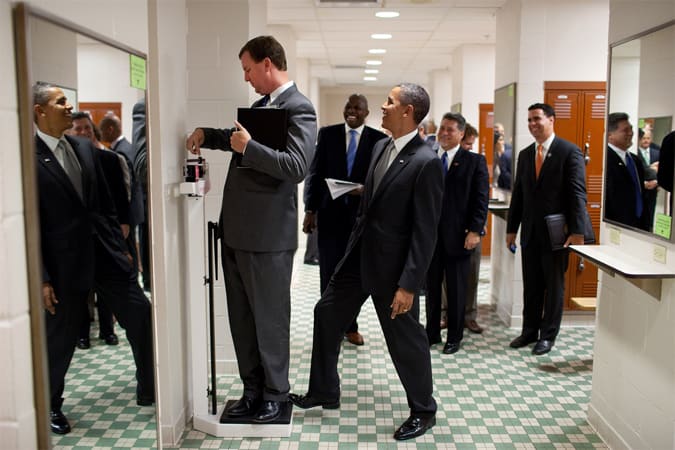Conflict vs. mistake in non-zero-sum games
Summary: Whether you behave like a mistake theorist or a conflict theorist may depend more on your negotiating position in a non-zero-sum game than on your worldview. Disclaimer: I don't really know game theory. Plot the payoffs in a non-zero-sum two-player game, and you'll get a convex[1] set with the Pareto frontier on the top and right: You can describe this set with two parameters: The surplus is how close the outcome is to the Pareto frontier, and the allocation tells you how much the outcome favors player 1 versus player 2. In this illustration, the level sets for surplus and allocation are depicted by concentric curves and radial lines, respectively. It's tempting to decompose the game into two phases: A cooperative phase, where the players coordinate to maximize surplus; and a competitive phase, where the players negotiate how the surplus is allocated. Of course, in the usual formulation, both phases occur simultaneously. But this suggests a couple of negotiation strategies where you try to make one phase happen before the other: 1. "Let's agree to maximize surplus. Once we agree to that, we can talk about allocation." 2. "Let's agree on an allocation. Once we do that, we can talk about maximizing surplus." I'm going to provocatively call the first strategy mistake theory, and the second conflict theory. Indeed, the mistake theory strategy pushes the obviously good plan of making things better off for everyone. It can frame all opposition as making the mistake of leaving surplus on the table. The conflict theory strategy threatens to destroy surplus in order to get a more favorable allocation. Its narrative emphasizes the fact that the players can't maximize their rewards simultaneously. Now I don't have a good model of negotiation. But intuitively, it seems that mistake theory is a good strategy if you think you'll be in a better negotiating position once you move to the Pareto frontier. And conflict theory is a good strategy if you think you

Yes, if a surgeon is forced not to operate, the patient is harmed.
But if the surgeon decides to stop operating and lets the patient die on the operating table, that is also a harm. The patient can sue the surgeon!
If a scientist is forced to retire, that harms the scientist. But I don't think that harms the potential beneficiaries of technologies the scientist would have discovered. They can't sue.
In these cases, it's not force that makes a harm.